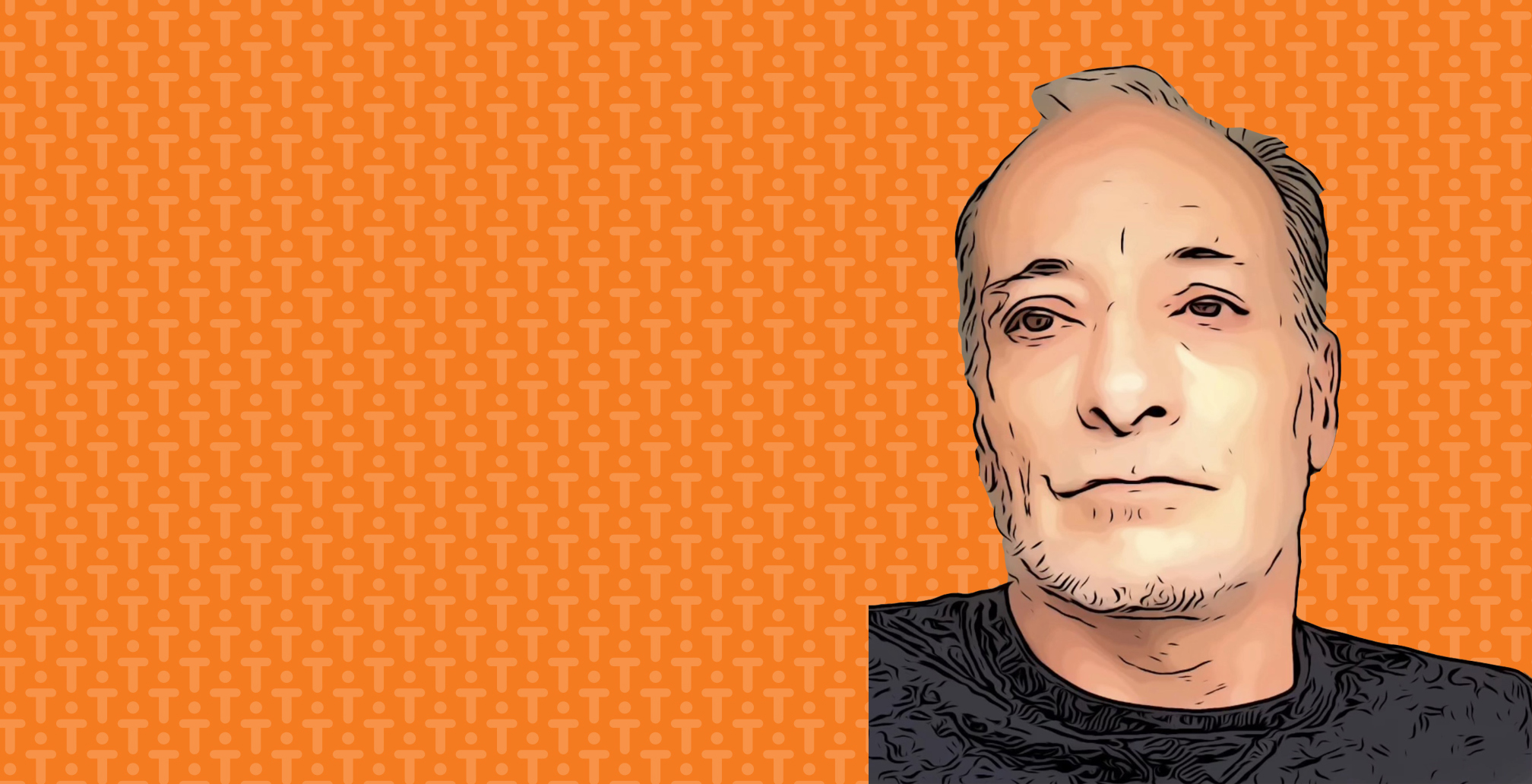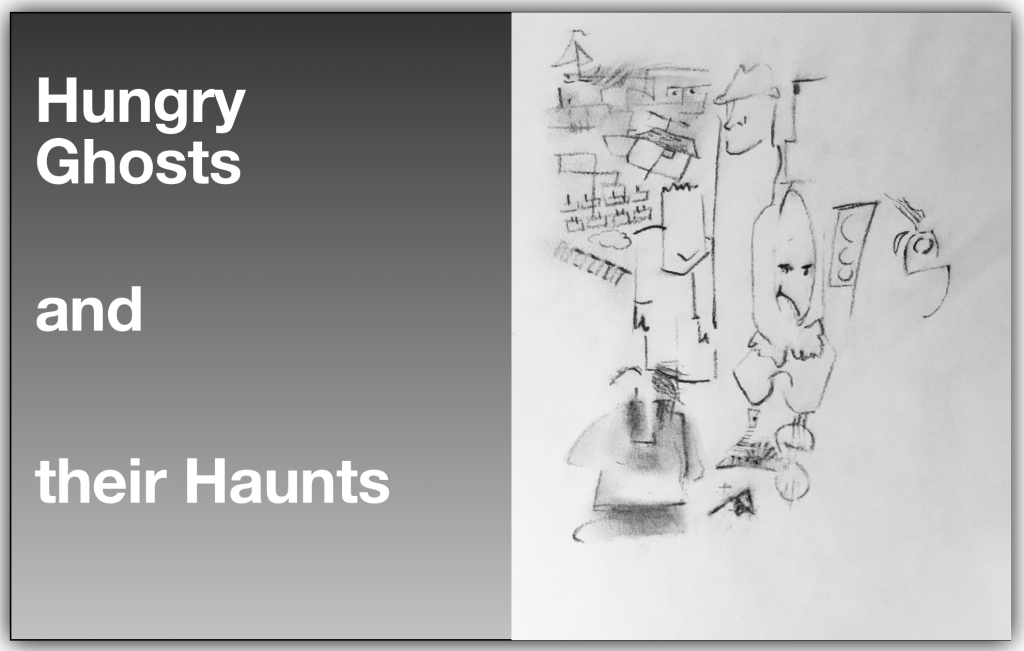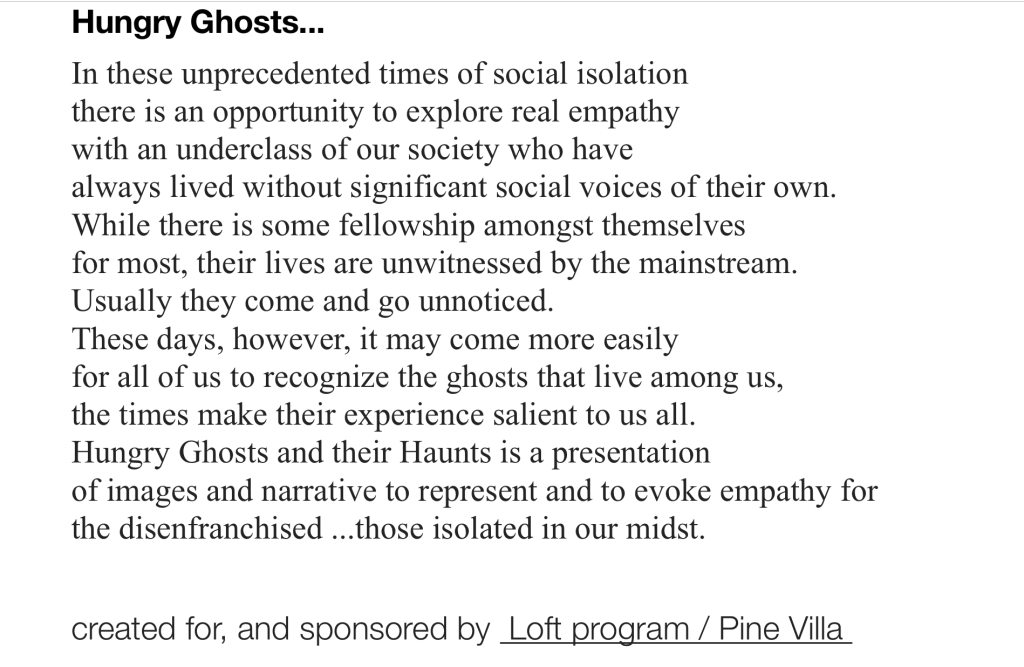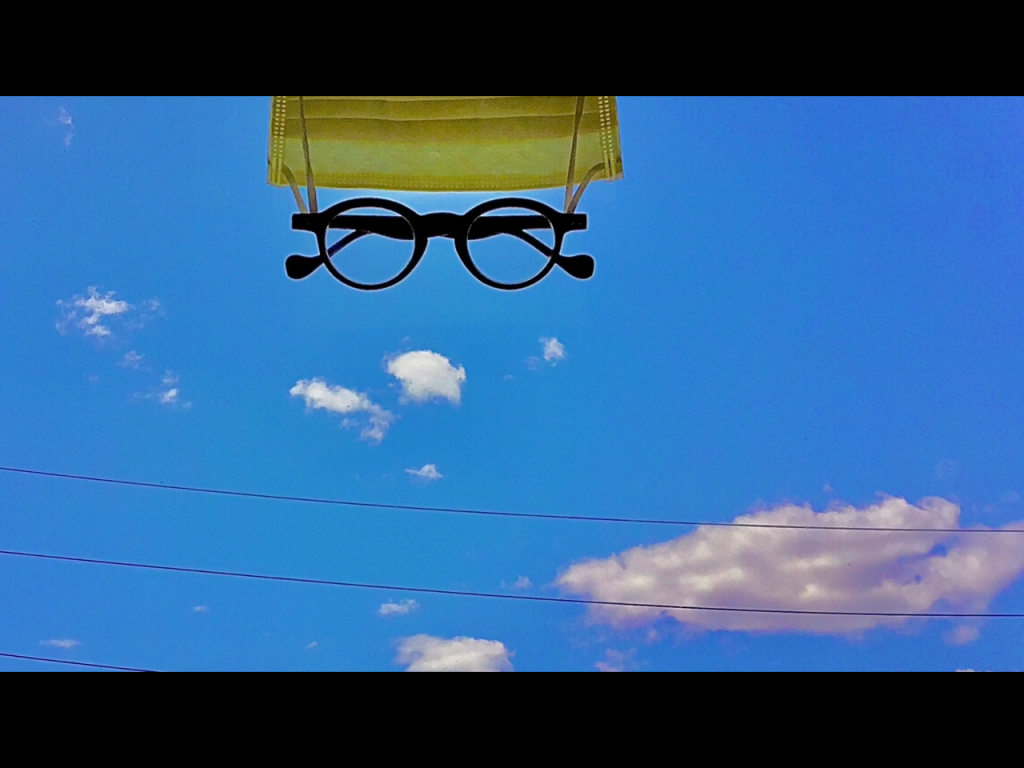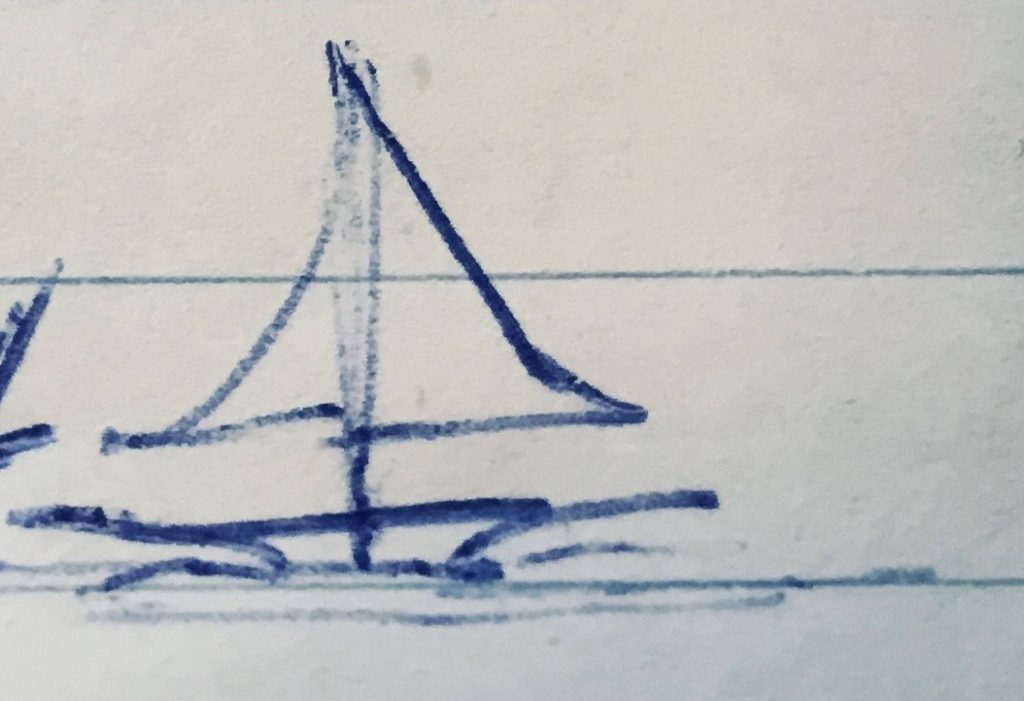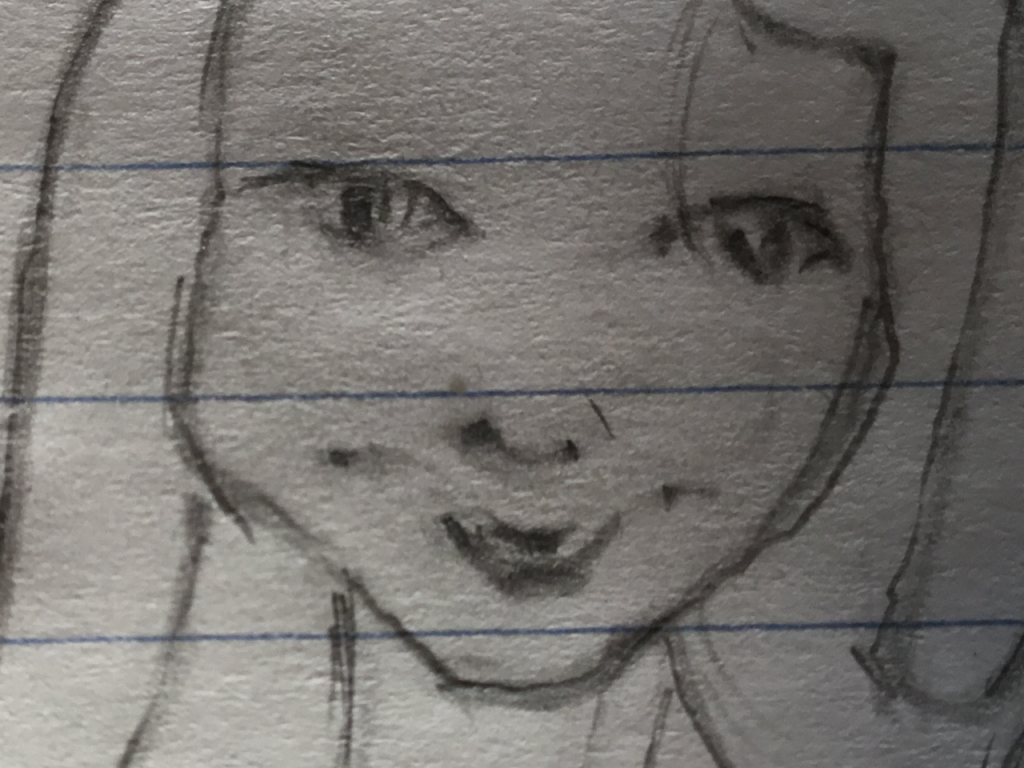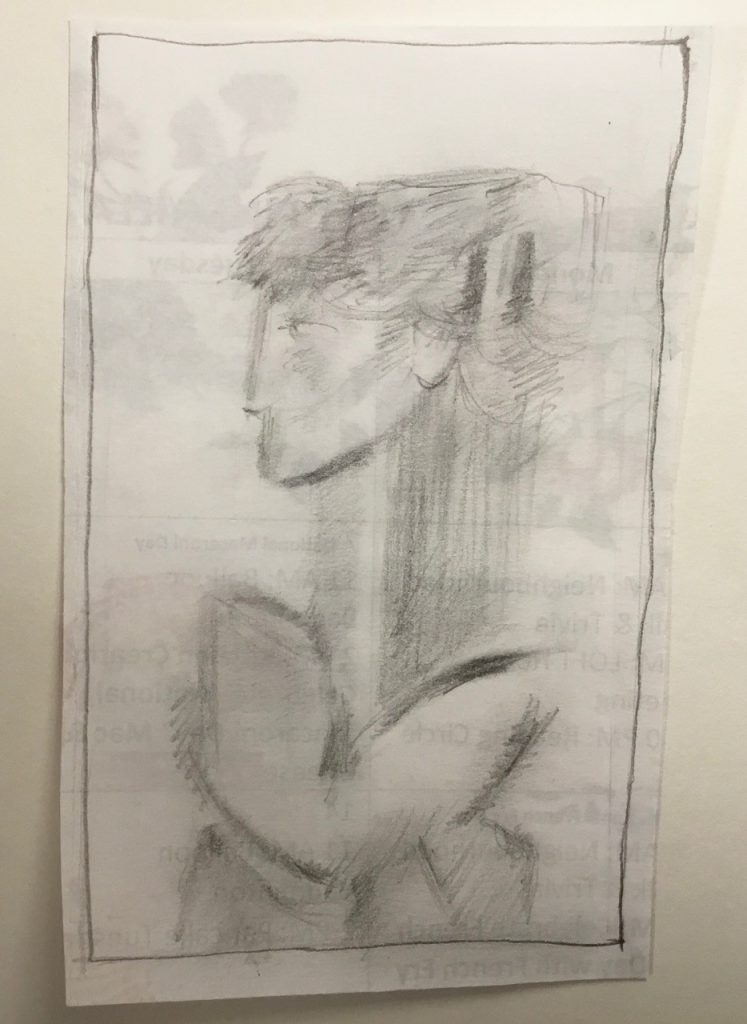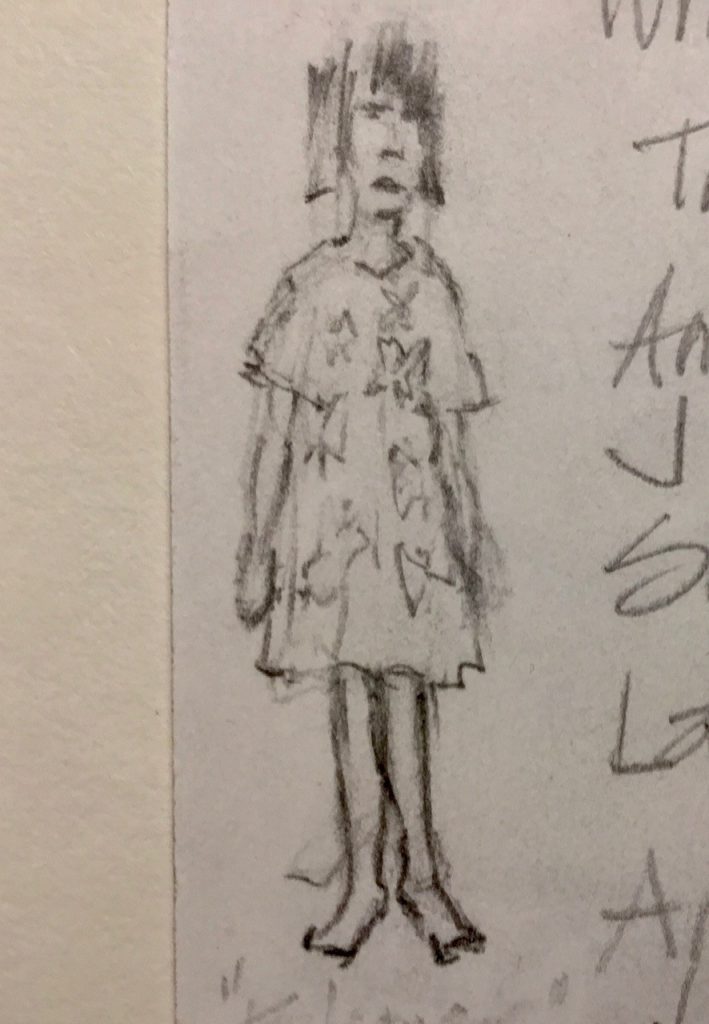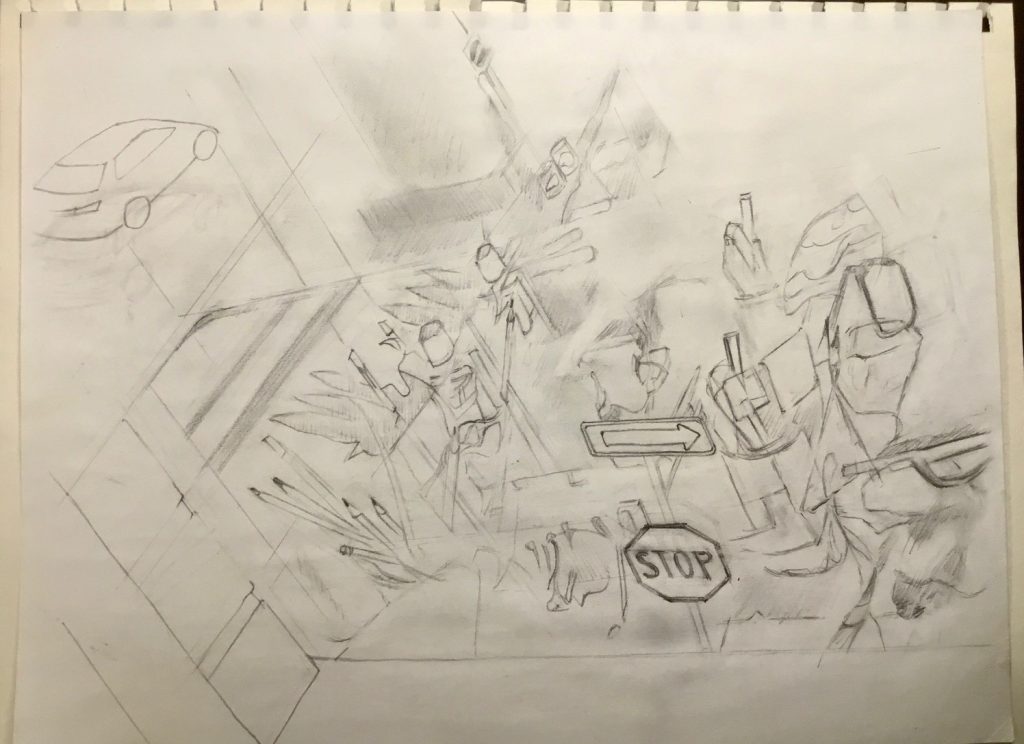After struggling with substance abuse for most of his life, Jacques uses his creative side and the help of a supportive community to keep him thriving.
LOFT client Jacques was born in Amsterdam in 1955. His family had lived in the Netherlands during the Nazi occupation, surviving several life-threatening situations before immigrating to Canada in 1957.
His family’s history shaded Jacques’ youth with depression and alienation. “My father never trusted a single friend his entire adult life,” Jacques explains. “He was an overachiever, constantly striving for self-improvement and advancement. Desperately hungry for his approval, I pushed myself to win his praise.”
Jacques’ need for perfection became unbearable in his teens, and he began using drugs. “Getting high was a way to break the isolation,” he remembers. “I could breathe.” Eventually turning to LSD, he suffered a psychotic break in his early twenties.
Jacques was initially diagnosed as a person with schizophrenia. For over a year he took prescribed medication and participated in counselling sessions. He enrolled in, and completed, one year of arts education at the Ontario College of Art (now OCAD) before learning that the diagnosis of schizophrenia had been incorrect. Jacques had in fact endured untreated LSD psychosis.
Angered by the misdiagnosis, Jacques flushed his medications and hitch-hiked to Los Angeles where he survived on the streets by playing jazz. He was later introduced to Buddhism, became a novice monk, and learned carpentry to support his temple’s renovation. Jacques subsequently travelled to his homeland of Holland, but soon returned to Canada feeling lonely and culturally displaced.
In his early thirties, Jacques fell back into heavy drug use. “I was completely addicted within nine months,” he remembers. Jacques sought help from numerous treatment programs, but felt that none of them addressed his addiction in a way that allowed him to reintegrate with the community.
He met his wife in one of those programs. “She was the most magnificent woman I had ever been in the company of,” he says. “We were married for 24 years.”
Jacques and his wife struggled with addiction and other health problems, trading periods of functionality and relapse over the entirety of their marriage. Sadly, Jacques’ wife died in March of 2019. Soon afterwards, Jacques had an accident which led to hospitalization.
In October of 2019, Jacques came to LOFT’s Pine Villa program, a transitional program for people who no longer need to be in hospital but still require a high level of mental health and addiction care. At Pine Villa, he started to work on recovering memories and old skills. “With the support of staff, medical personnel and social workers, I’ve begun to thrive and have become creative again,” he explains. “I’ve attained a healthy weight. I’ve even completed a successful regime at Toronto Rehab.”
Jacques attributes his successful recovery to living in a “controlled” environment, where there is no access to drugs or to those who sell them. He also appreciates LOFT’s community-focused approach. “In the time since I’ve been with LOFT, I have realized that the roots of addiction are not simply to be addressed by therapies,” he reflects. “It is my hard-won belief that a whole-hearted, meaningful connection to the community is the essential healing for how isolating addiction can be. This can only be achieved through honest communication as an expression of love for others.”
As the COVID-19 virus continues to spread through Ontario, Jacques fills his days with activities that allow him to remain safe. He enjoys poetry, drawing, and using his writing as a way to communicate his story and express himself. Thanks to the gift of a guitar from one of LOFT’s generous staff members, Jacques is also composing songs. “I’m really grateful to LOFT,” he concludes.
LOFT’s Pine Villa program is a supportive transitional care site providing short-term services for older adults who no longer require care in a hospital.
Below are some of Jacques’ artworks that he shared with us:
